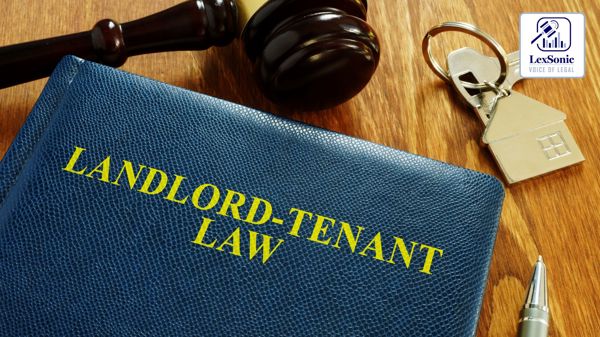Extension Granted: Supreme Court Balances Eviction Decree with Business Reality in Kerala Rent Case.
16 October 2025
Special Leave Petition >> Civil & Consumer Law | Dispute with Tenant/Landlord >> Property & Real Estate
The Finality of the Eviction Decree:
- Submission of an unconditional undertaking to deliver possession on or before November 19, 2025.
- Paying all arrears of rent within a month and thereafter regular payment of rent without default.
- An explicit proviso that any failure to adhere to the terms would automatically forfeit the time allowed.

The Humane Intervention by the Supreme Court:
Recognizing the practical challenges in relocating an enterprise of this kind, and presumably taking into account the deprivation of livelihood and business continuity, the Apex Court proceeded to alter the final order to a large extent. The Court was decidedly instructed by the principle of minimizing hardship while upholding the sanctity of the decree of eviction.
Extended Stay and Mandatory Undertaking:
- The petitioner shall submit an Undertaking on Oath before the Registry of the Supreme Court within two weeks, specifically saying they will surrender vacant and peaceful possession on or before March 31, 2026.
- The tenant is required to keep on paying the use and occupation charges (plus any arrears) up to the extended date of surrender.
- The Court directed the Registry to re-list the matter within two weeks to facilitate compliance with filing of the undertaking and expressing confirmation of the seriousness of this order.
But the relief is conditional and closely monitored. The 'Undertaking on Oath' submitted before the Apex Court is a solemn commitment; a breach would be a contempt of the Supreme Court. For the tenant, this extension is a last respite, and not vacating by March 31, 2026, will most likely be accompanied by speedy and summary execution proceedings.
